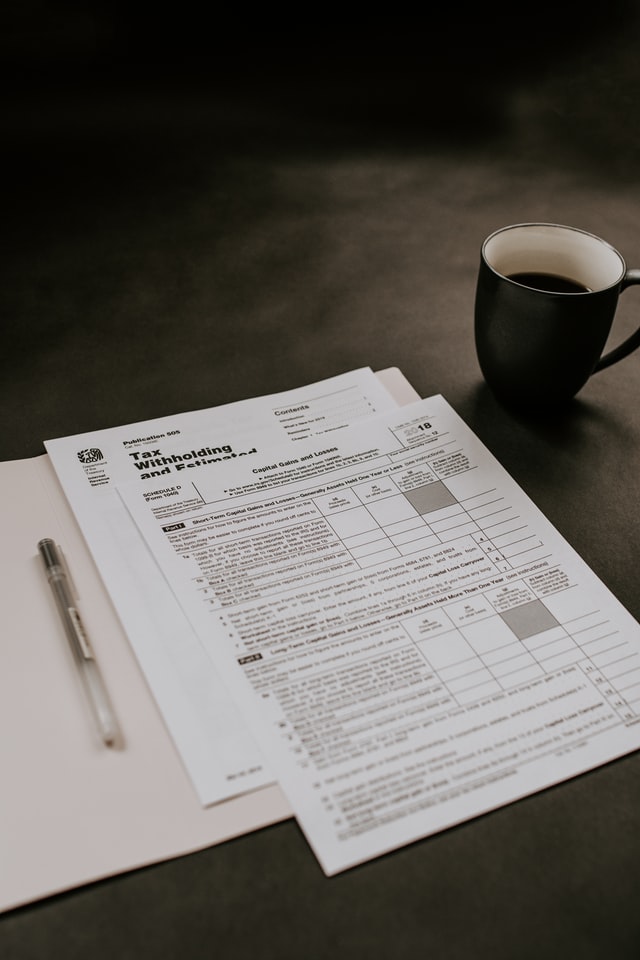How to Prevent Tax Fraud
By Megan Porter, Marketing –
Each year, both individuals and businesses seek to decrease expenses and increase their profit margin. But some of these entities seek to do so through illegal means, including tax fraud and evasion. The IRS loses thousands of dollars annually through misrepresented or fraudulent tax returns. Penalties for those found guilty of tax fraud can be quite severe.
The IRS is also known for searching for and prosecuting those suspected of tax fraud or evasion. Such was the case with Shuntan Rue in Birmingham, Alabama. Rue was the owner and operator of Rue Tax Service, a business that helped civilians prepare and submit their federal tax returns. From 2012–2016, Rue falsified both her personal tax returns and those of her clients by claiming educations credits and other deductions that were not legally applicable. Rue’s actions resulted in an underpayment to the IRS of over $250,000 during the fraud.
When the Tax Division began to suspect fraud, they pursued an investigation that led to Rue’s confession. While her sentence will not be given until February of next year, it is possible that she will face up to three years in prison plus restitution fees and other monetary penalties.
When we go to a professional tax preparer, we want them to help us find tax breaks, but we also need them to do so legally, both for our own good and for the interest of their business. Beyond a business’s reputation for honesty and integrity, there is no formal procedure in place to verify a tax preparer’s honesty. This leaves the little bit of wiggle room that Rue took advantage of to perpetuate tax fraud. How can we know if a tax preparer is knowingly committing fraud?
Converus® may provide the answer. Their innovative lie detection solution, EyeDetect®, can determine a subject’s honesty in 30 minutes with 86% accuracy using only eye movement and pupil dilation. If Rue took the EyeDetect test in 2012, her scheme would not have lasted as long as it did. Can you imagine how few people would try to commit tax fraud if all tax preparers had to prove their honesty through annual lie detection tests? Fraud cases would decrease drastically, and the government would have more funds to put towards public welfare. These computerized tests could be the next crucial step in fraud prevention.
Source
Photo by /Kelly Sikkema


